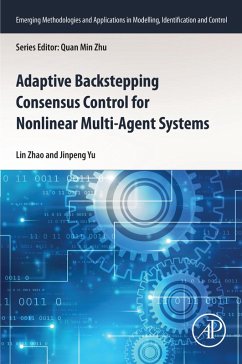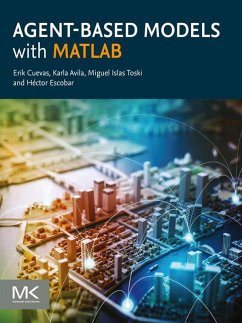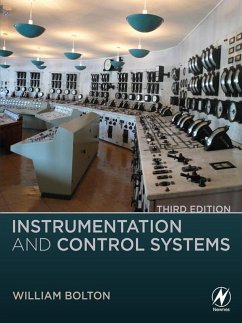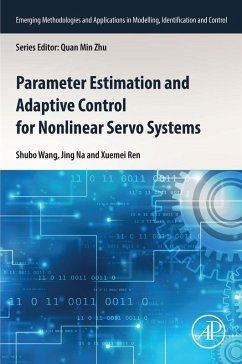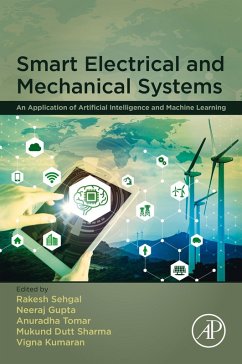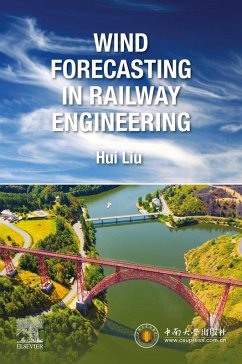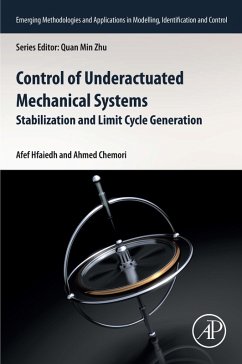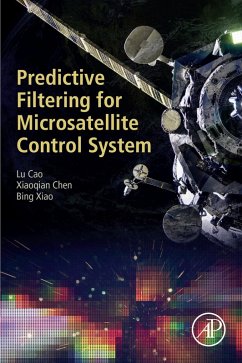
Cooperative Control of Multi-Agent Systems with Uncertainties (eBook, ePUB)
Versandkostenfrei!
Sofort per Download lieferbar
127,95 €
inkl. MwSt.

PAYBACK Punkte
64 °P sammeln!
Multi-agent coordination is an emerging engineering It has been inspired by the observations and descriptions of collective behavior in nature, such as fish schooling, birds flocking and insects swarming. The advantages of multi-agent coordination include: it can reduce cost and complexity from hardware platform to software and algorithms; in addition, multi-agent systems are capable of many tasks which could not be effectively performed by a single-robot system, for example, the surveillance task. The book proposes a hierarchical design framework that places uncertainties related to system mo...
Multi-agent coordination is an emerging engineering It has been inspired by the observations and descriptions of collective behavior in nature, such as fish schooling, birds flocking and insects swarming. The advantages of multi-agent coordination include: it can reduce cost and complexity from hardware platform to software and algorithms; in addition, multi-agent systems are capable of many tasks which could not be effectively performed by a single-robot system, for example, the surveillance task. The book proposes a hierarchical design framework that places uncertainties related to system models in the decentralized control layer (bottom layer) and the ones related to the communication (as well as physical interaction) between the agents in the distributed decision-making layer (top layer). The book shows that the two layers meet the separation principle under certain conditions, so that through the two-layer design framework, any challenges can be resolved independently, and the design complexity will not increase with the level of uncertainties. In addition, in order to solve the problem of energy limitation of agents, this book also studies the event-driven cooperative control of multi-agent systems, which can effectively reduce the energy consumption of agents and increase their operational life span. - Bridges the gap for engineers and technicians in the automation industry, including theory and practice - Provides a general framework for dealing with various uncertainties in multi-agent cooperative control problems - Contains contributions surrounding the development of multi-agent systems control theory
Dieser Download kann aus rechtlichen Gründen nur mit Rechnungsadresse in A, B, BG, CY, CZ, D, DK, EW, E, FIN, F, GR, HR, H, IRL, I, LT, L, LR, M, NL, PL, P, R, S, SLO, SK ausgeliefert werden.




